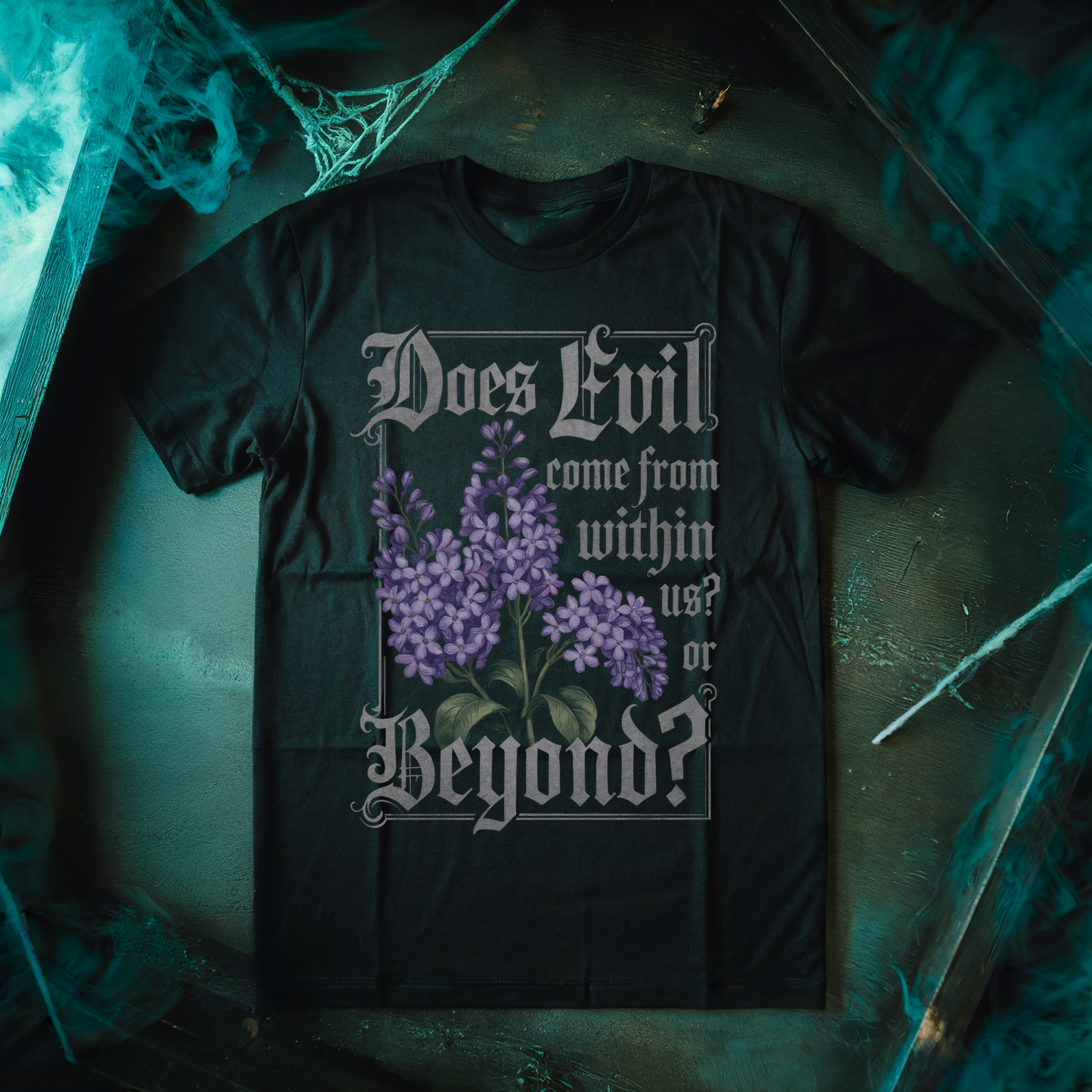I can’t remember how old I was when I saw Cannibal Holocaust (1980) for the first (and only) time. I don’t even remember much of the story, but certain images from the movie are still burned into my mind. I was traumatized by it, not only by its graphic violence, but also the scenes of sexual violence. Years later, I learned of the man behind the movie, and the circus he created upon its release. Deodato Holocaust sits down with the legendary director Ruggero Deodato as he discusses his career, from the beginning to the present.
Speaking in Italian, Deodato gives his life story in a series of interviews at different locations. He talks about growing up in Rome and getting his start in the late 1950s as an assistant to acclaimed Italian director Roberto Rossellini. Everyone is impressed with Deodato, having no previous experience. He’s brought on to a number of projects, from epics to spaghetti westerns like Sergio Corbucci’s Django— taking credit for the casting of Franco Nero as the lead. He proves to be more competent over time, and is eventually trusted with the director’s chair.

Deodato doesn’t consider himself a horror director. Rather, he says his films depict realism, sometimes involving “strong” imagery. But it is a slippery slope from violent action thrillers to splatter gore flicks. Inspired by an article in National Geographic on native tribes in the Philippines, Deodato ventured deep into the jungle to film Last Cannibal World (also known as Jungle Holocaust) in 1977. The film is a success and spawns a handful of imitators. But not to be outdone, Deodato steps it up with Cannibal Holocaust three years later. And the rest is history.
Horror nerds all seem to know this one bit of trivia about the infamous trial where Deodato had to prove his actors were still alive. Like the characters in his film, Deodato manipulated reality to get a stronger reaction from the audience by telling his actors to disappear from the public eye for a year. The interviews don’t shed any new light on the trial, but it shows that Deodato is still bitter about being charged for animal cruelty. To be honest, those scenes were very hard to watch. I can stand to watch humans being tortured and killed because I know they’re actors. But watching a monkey and turtle get hacked and ripped apart on film upsets me.
The trial blacklists Deodato in the film industry. His new reputation forces him to stay within the realm of horror, directing movies like House on the Edge of the Park and Cut and Run—starring Michael Berryman– the unofficial third installment in the “Cannibal trilogy.” Despite his resistance to the label, Deodato is a master of steady cam shots and onscreen decapitations. He also uses calming music to undercut the atrocities on the screen.
The success of The Blair Witch Project attracted a new generation of fans. After years of being vilified, Deodato is finally celebrated as an originator of the found footage subgenre. Only recently has Deodato attended film festivals, but has been overjoyed by the cult following, decades later. It was when he was being honored at Fantaspoa in Brazil that he was approached by the three filmmakers behind this project.
A movie like Cannibal Holocaust couldn’t be made today. Sure, Eli Roth directed Green Inferno as a tribute. Deodato even commends Roth for his drone shots of the jungle, lamenting that he had to hike for six hours to get a similar shot. But Roth would never be able to get away with the same amount of animal cruelty and rape scenes. Even the portrayal of isolated indigenous communities is problematic. The film industry has progressed quite a lot since the 1980s. Rights are prioritized over realism.
Deodato Holocaust doesn’t seek out interviews with anyone else. It’s essentially 75 minutes of Deodato talking, intercut with poster art and clips of his films. Showcasing such a filmography spanning over decades must have required some deep digging into video archives, but a few nuggets of gold were recovered in perfect condition. They offer a slice of Italian cinema I wouldn’t have otherwise been exposed to.
![Deodato Holocaust 01 [Fantaspoa 2019 Review] DEODATO HOLOCAUST Chronicles The Cannibalistic Cult Classic and its Controversial Director 11 Deodato Holocaust 01](https://nofspodcast.com/wp-content/uploads/2019/05/Deodato_Holocaust_01.jpg)
The three Brazilian filmmakers who conducted these interviews disappeared without a trace before releasing them. Their memory cards were found a couple years later. The editors trimmed the necessary fat—there are frequent jumpcuts during the interview segments. But it mostly remains undoctored, audio flaws and all. The video files are somewhat corrupted. The picture becomes distorted before cutting to the next. But the footage needed to be seen. One must wonder if the filmmakers actually disappeared, or if this was fabricated to add to the lore, like the actors in Cannibal Holocaust.
You don’t necessarily have to have seen any of Deadato’s films to appreciate this documentary. If anything, it’ll expand your watch list. However, it does require a strong stomach, as many of the featured clips have gore, including genital mutilation, and violence against women. If you love to listen to audio commentary, or listen to podcasts like the Movie Crypt, then you’ll hang on Deadato’s every word (or at least stay glued to the subtitles). If you’re obsessed with style and behind-the-scenes controversies, then you’ll want to see this and impress your fellow horror nerds later with your movie knowledge.
Deodato Holocaust celebrated it’s World Premiere at the 2019 Fantaspoa Film Festival May 16 as the festival’s Opening Night film. Let us know your thoughts on the controversial cult classic Cannibal Holocaust on Twitter, Reddit, Facebook, and be sure to keep an eye out for this new documentary!





![Deodato Holocaust 02 [Fantaspoa 2019 Review] DEODATO HOLOCAUST Chronicles The Cannibalistic Cult Classic and its Controversial Director 10 Deodato Holocaust 02](https://nofspodcast.com/wp-content/uploads/2019/05/Deodato_Holocaust_02.jpg)



